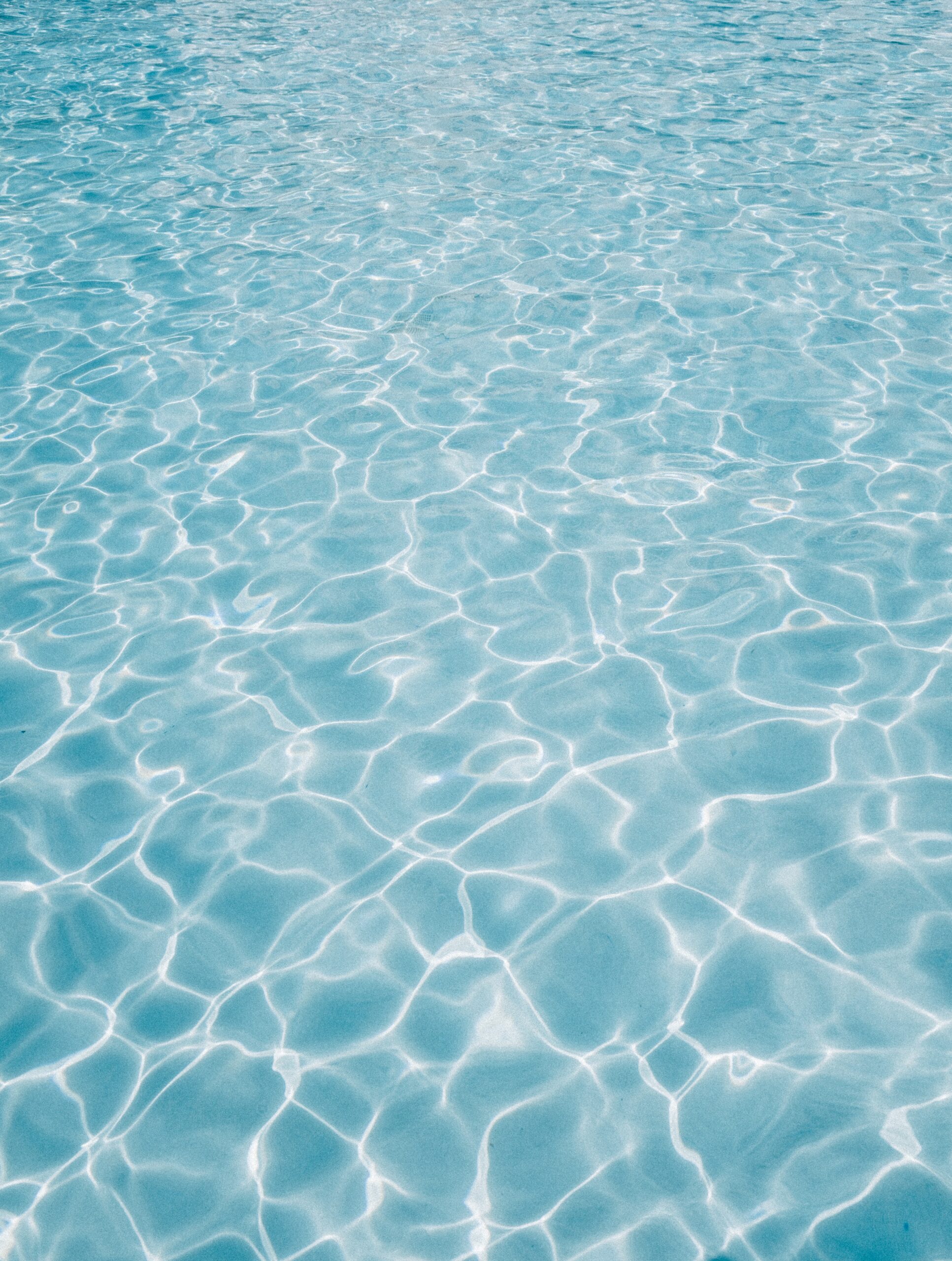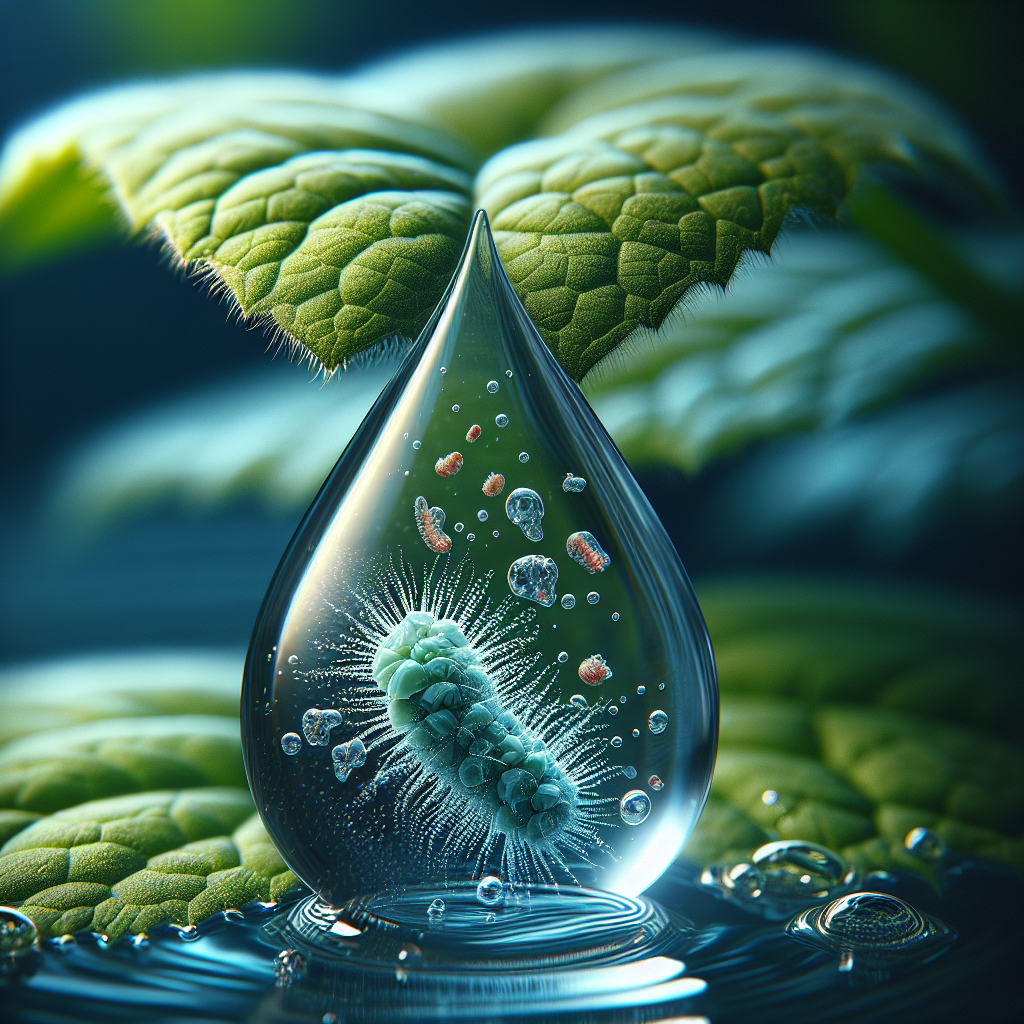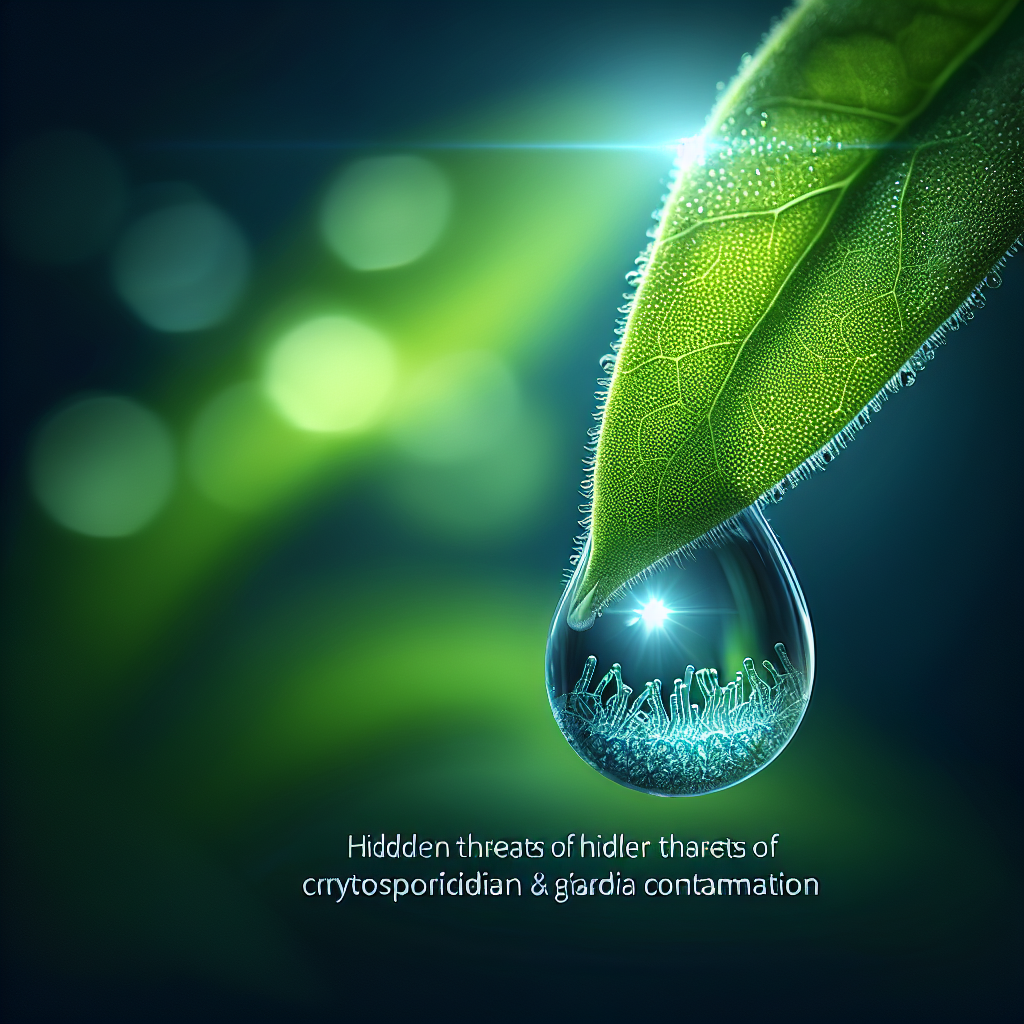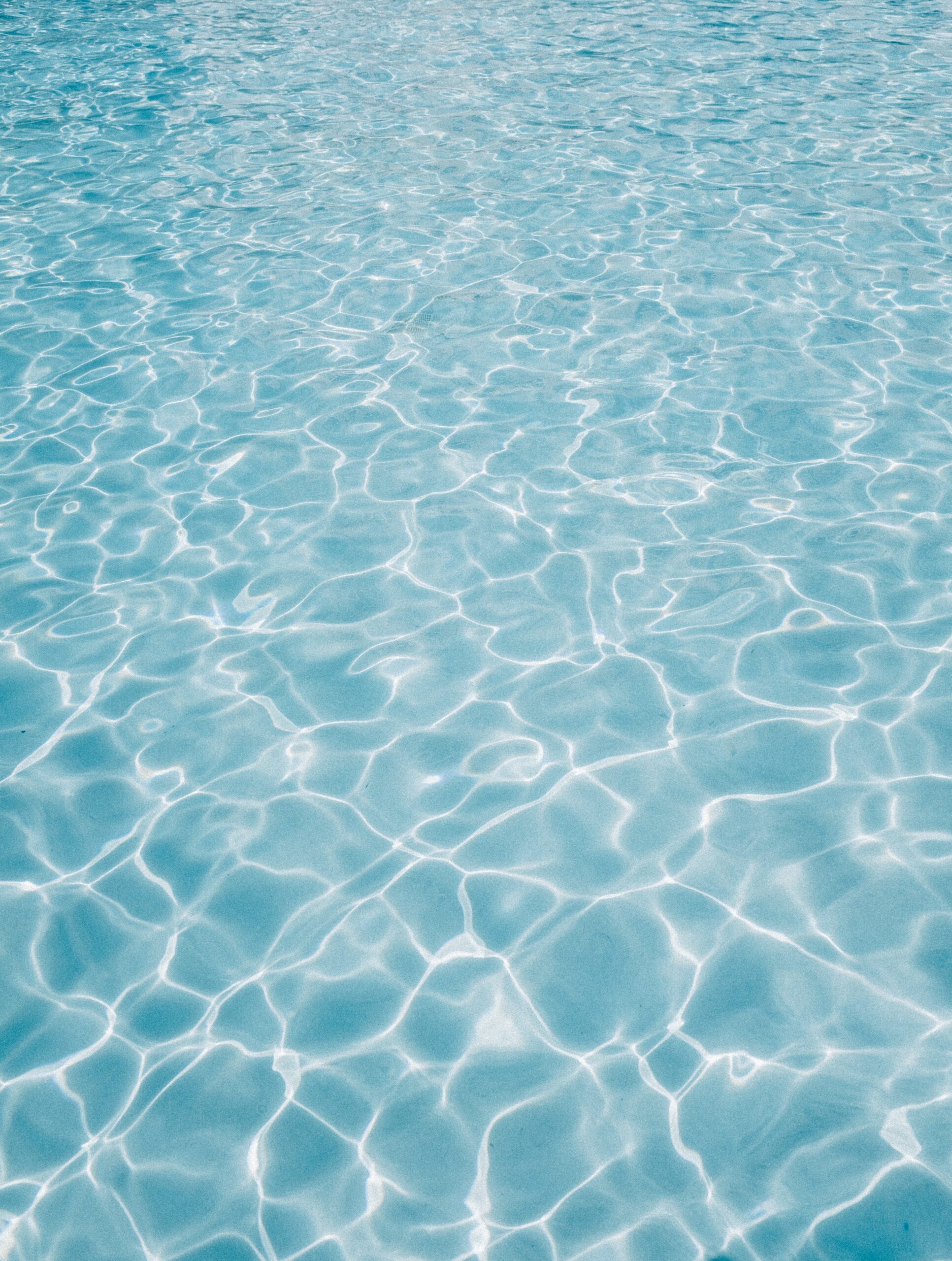If you rely on well water for your household needs, ensuring its safety and cleanliness is of utmost importance. Contamination by microscopic pathogens like Cryptosporidium and Giardia can pose serious health risks, leading to waterborne illnesses. But fret not! In this article, we will explore simple yet effective measures you can take to safeguard your well water from these pesky intruders and ensure the well-being of you and your loved ones. So let’s delve into the world of well water protection and discover the steps that can bring you peace of mind.

Proper Well Construction
Locating the well
When constructing a well, it is essential to carefully choose the location. Avoid areas where potential sources of contamination, such as septic systems, livestock areas, or chemical storage sites, are located nearby. Additionally, consider the slope and surface water flow in the area to minimize the risk of surface water intrusion.
Using appropriate materials
Using high-quality materials for well construction is crucial to ensure the longevity and safety of the well. Invest in certified well casing and screen materials that are resistant to corrosion and can effectively filter out sediments and contaminants. Avoid using cheap or substandard materials that may degrade over time and compromise the well’s integrity.
Ensuring proper construction techniques
Proper construction techniques are essential to prevent potential points of entry for contaminants. Ensure that the well casing is securely and tightly sealed to prevent surface water infiltration or entry of insects and rodents. Proper grouting should be done around the well casing to prevent the migration of contaminants along the outside of the casing.
Regular Monitoring
Testing for contaminants
Regular testing of well water is crucial to ensure its quality and identify any potential contaminants. Testing for pathogens like Cryptosporidium and Giardia, as well as other common contaminants such as bacteria, nitrates, and heavy metals, should be conducted periodically. These tests can be performed by certified laboratories that specialize in water analysis.
Frequency of testing
The frequency of testing depends on various factors, including the well’s location, usage, and local regulations. Generally, it is recommended to test private well water at least once a year. However, if there are known contamination risks nearby or if there are any changes in water quality or taste, more frequent testing may be necessary.
Using certified laboratories
When testing well water, always choose certified laboratories that adhere to strict quality control measures. These laboratories have the expertise and equipment to accurately analyze water samples and provide reliable results. Consult with local health departments or environmental agencies to find reputable laboratories in your area.
Safe Waste Management
Properly disposing of waste
Proper waste disposal is crucial to prevent contamination of groundwater. Ensure that household chemicals, pharmaceuticals, and other potentially hazardous materials are disposed of through appropriate channels. Follow local regulations for the disposal of solid waste, sewage, and hazardous substances to minimize the risk of contamination.
Avoiding cross-contamination
To avoid cross-contamination, it is important to have separate systems for potable water and waste disposal. Ensure that well water systems are not connected to sewage or drainage systems. Properly design plumbing systems to prevent the possibility of backflow, where contaminated water can flow back into the well.
Maintaining septic systems
If you have a septic system, proper maintenance is essential to prevent contamination of groundwater and well water. Regularly inspect and pump out septic tanks as needed. Avoid using harsh chemicals, excessive water usage, or flushing non-biodegradable materials down the toilet, as these can impair the functionality and integrity of the septic system.
Protecting the Well Head
Installing a protective seal
Installing a protective seal around the well head is crucial to prevent surface water from seeping into the well. A well cap or sanitary seal should be properly installed to prevent the entry of insects, rodents, or other contaminants. Regularly inspect the seal for any damages or signs of wear and replace it if necessary.
Maintaining a clear perimeter
Maintaining a clear and well-maintained perimeter around the well head is important to prevent potential sources of contamination. Clear vegetation, debris, and any potential sources of runoff, such as fertilizers or pesticides, away from the well. Regularly check and maintain the integrity of the well’s surroundings to minimize the risk of contamination.
Preventing surface water intrusion
Surface water intrusion can introduce contaminants into the well water. Ensure that the terrain around the well slopes away from the wellhead and take appropriate measures to redirect surface water away from the well, such as installing drainage systems or using vegetation as natural barriers. Regularly inspect and maintain these systems to ensure their effectiveness.

Managing Animal and Livestock Waste
Proper animal waste disposal
Proper management and disposal of animal waste are critical to prevent the contamination of well water. Ensure that animal waste is promptly and properly disposed of, following local regulations. Avoid allowing animal waste to accumulate near wells or in areas where it can easily be washed into the groundwater.
Preventing runoff from animal confinement areas
Animal confinement areas, such as barnyards or feedlots, can pose a risk to well water if runoff is not properly managed. Implement effective drainage systems to divert runoff away from wells and prevent contaminants, including animal waste, from infiltrating the groundwater. Regularly inspect and maintain these systems to prevent any potential issues.
Regularly inspecting and maintaining barnyards
Barnyards should be periodically inspected and properly maintained to minimize the risk of well water contamination. Regularly remove manure and bedding materials from barnyards to prevent them from leaching into groundwater. Implement best practices for barnyard management, such as using permeable surfaces and avoiding overloading of the area with animals.
Proper Irrigation Practices
Avoiding overwatering
Overwatering can lead to excessive runoff and leaching of contaminants into the groundwater. Use irrigation systems that are properly designed, calibrated, and maintain adequate water pressure to prevent excessive water use. Be mindful of local weather conditions and adjust irrigation schedules accordingly to avoid overwatering.
Preventing runoff from irrigation systems
Irrigation systems should be designed and operated to minimize runoff and prevent potential contamination of well water. Use appropriate irrigation techniques that promote water infiltration into the soil, preventing excessive runoff. Regularly inspect and maintain irrigation equipment to ensure its proper functioning and efficiency.
Monitoring water quality in irrigation sources
Water used for irrigation should be periodically tested for quality to ensure it does not contain harmful contaminants. If using well water for irrigation purposes, it is particularly important to monitor its quality to prevent potential contamination of crops or soil. Regularly test irrigation water from wells to identify any issues and take appropriate measures if needed.

Maintaining a Healthy Landscape
Using fertilizers and pesticides cautiously
When maintaining your landscape, be cautious when using fertilizers and pesticides to minimize the risk of contaminating well water. Follow product instructions carefully, applying only the recommended amounts and avoid applying them near wells or areas with high water infiltration rates. Consider using organic or alternative methods for pest and weed control whenever possible.
Preventing soil erosion
Soil erosion can contribute to sediment and nutrient runoff, which can contaminate well water. Implement erosion control measures such as using vegetation, mulching, and terracing to prevent soil erosion. By maintaining healthy soil and preventing erosion, you can reduce the risk of sediment and chemicals reaching your well.
Avoiding contamination from garden chemicals
If you have a garden, be mindful of the chemicals and substances you use. Avoid using excessive amounts of chemicals, use organic alternatives whenever possible, and always follow product instructions. Prevent spills and leaks, and properly dispose of any leftover or expired garden chemicals according to local regulations.
Educating and Training
Educating well owners about contamination risks
Education plays a vital role in preventing contamination of well water. Well owners should be educated about the potential risks, proper well management practices, and the importance of regular testing. Provide information on the sources and types of contaminants that can affect well water and educate well owners on what they can do to mitigate these risks.
Providing proper training to well owners
Offering training programs to well owners can empower them to take proactive measures to protect their wells. Provide guidance on proper well construction, regular maintenance, and safe waste management practices. Teach well owners to identify signs of potential contamination and how to respond effectively.
Promoting public awareness
Promote public awareness about the importance of safe well water practices through community events, educational materials, and online resources. Collaborate with local health agencies, environmental organizations, and community groups to disseminate information about well water safety. By raising public awareness, you can encourage responsible well ownership and contribute to the overall protection of groundwater resources.

Disinfection Methods
Using ultraviolet (UV) disinfection
UV disinfection is an effective method for treating Cryptosporidium, Giardia, and other waterborne pathogens. UV light destroys the DNA of microorganisms, rendering them unable to reproduce. UV disinfection systems can be installed at the point of entry to ensure that all water flowing into the well is treated.
Treating water with chlorine
Chlorination is a common method used to disinfect well water and kill bacteria and other pathogens. Chlorine can effectively eliminate Cryptosporidium and Giardia, ensuring the safety of the water supply. It is essential to follow proper dosing guidelines and monitor chlorine levels regularly to ensure adequate disinfection without exceeding safe limits.
Considering boiling as a temporary solution
In situations where well water is suspected of being contaminated by Cryptosporidium or Giardia, boiling can provide a temporary solution. Boiling water for at least one minute kills these pathogens and makes the water safe to consume. However, boiling is not a practical long-term solution and should only be used until proper disinfection methods are implemented.
Proper Well Management
Regular well maintenance
Regular well maintenance is essential to ensure its optimal performance and longevity. Inspect the well regularly for signs of damage or wear, such as cracks, leaks, or unusual odors. Perform routine maintenance tasks, such as cleaning the well screen and checking the pressure tank, to keep the well system in good condition.
Inspecting and repairing well components
All components of the well system should be periodically inspected and repaired if necessary. Check the well casing, pump, pressure switch, and any other components for signs of damage or malfunction. Address any issues promptly to prevent further damage or potential contamination of well water.
Following manufacturer guidelines
When performing maintenance or repairs on the well system, always follow the manufacturer’s guidelines and recommendations. Use the appropriate tools and materials specified by the manufacturer to ensure compatibility and maintain the integrity of the well system. Adhering to the manufacturer’s guidelines can help prevent unnecessary damage and ensure the proper functioning of the well.
In conclusion, preventing contamination of well water by Cryptosporidium and Giardia requires a comprehensive approach that encompasses proper well construction, regular monitoring, safe waste management, protecting the well head, managing animal waste, employing proper irrigation practices, maintaining a healthy landscape, providing education and training, implementing disinfection methods, and practicing proper well management. By following these guidelines, well owners can ensure the safety and quality of their well water, protecting both their health and the environment.


